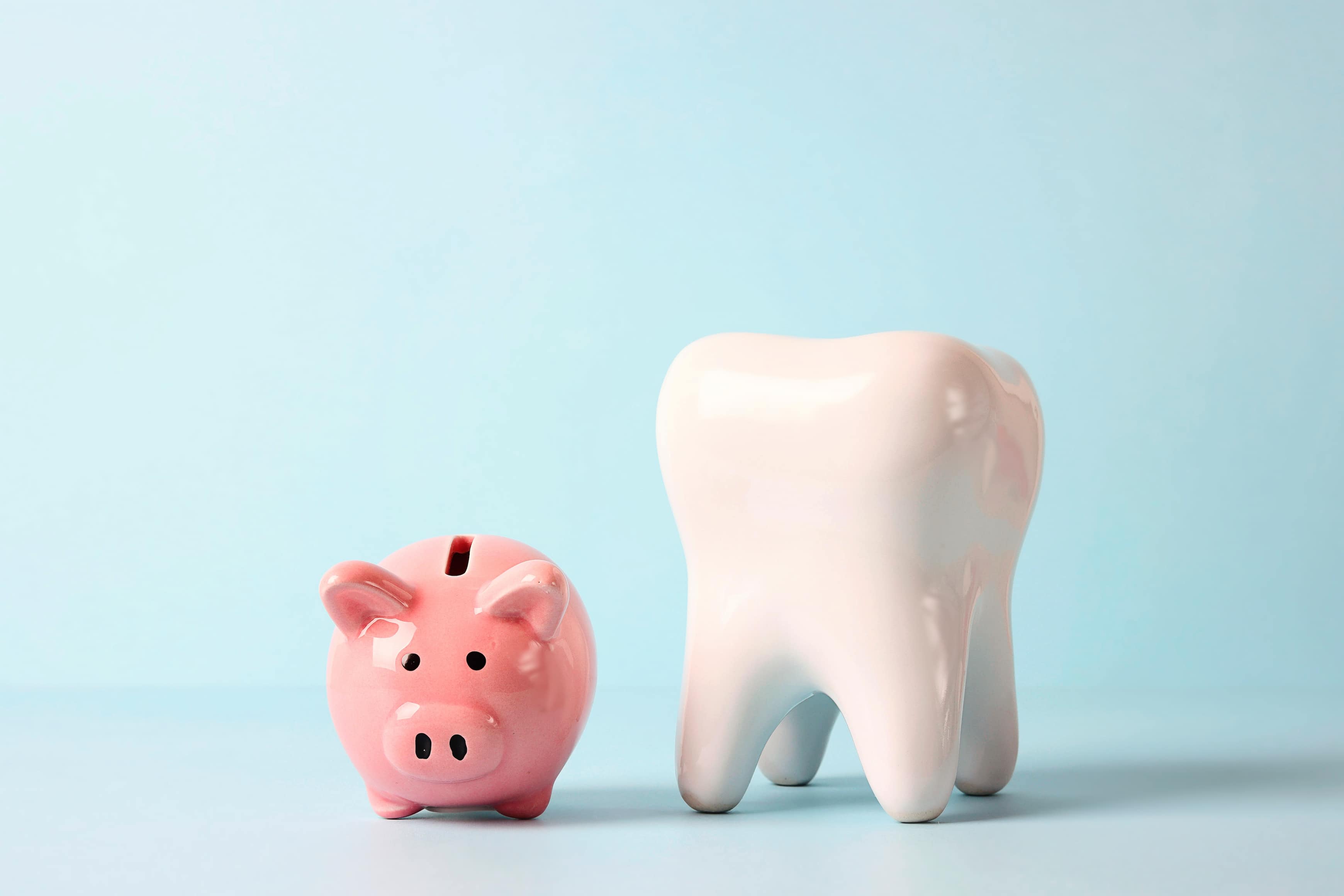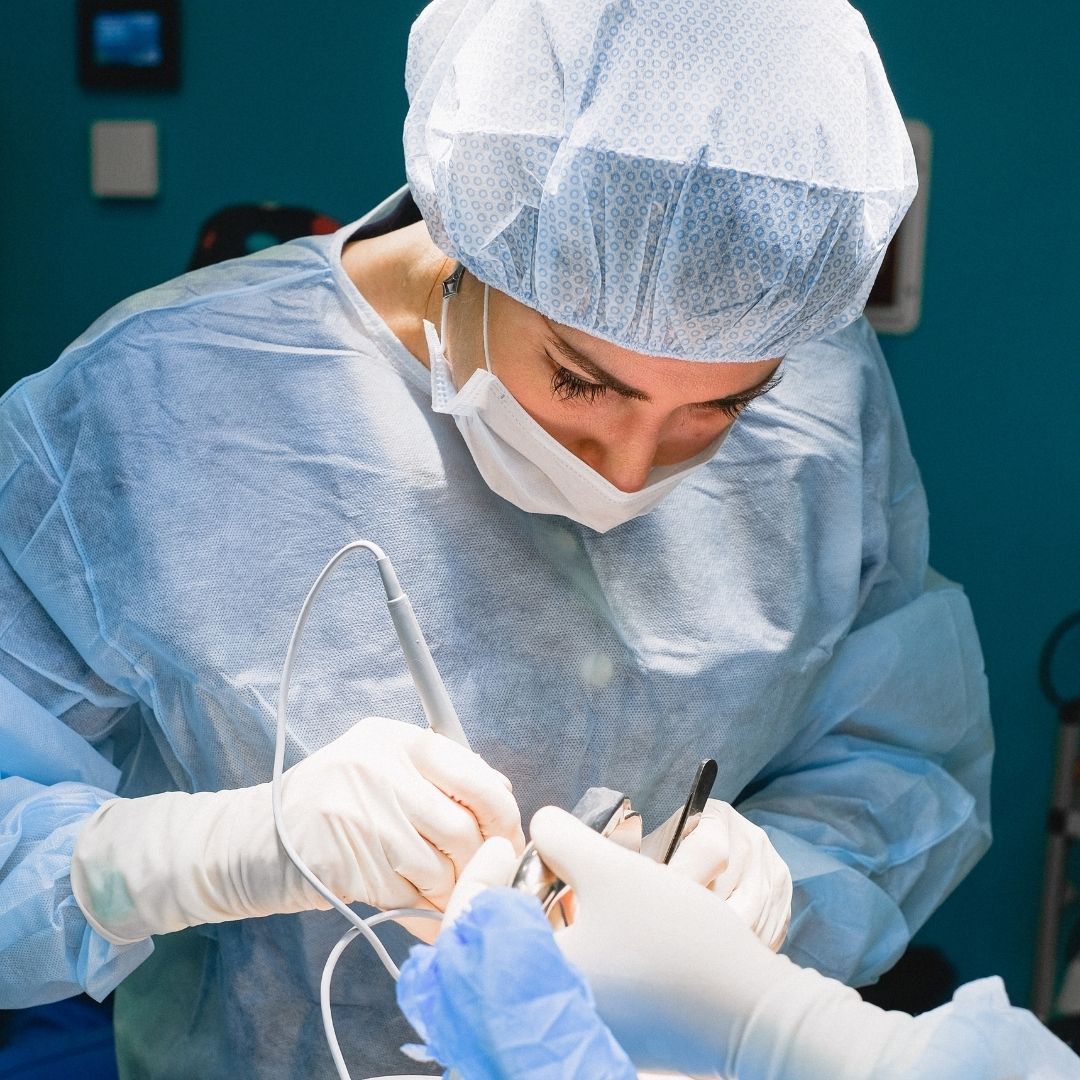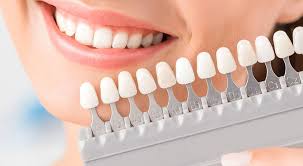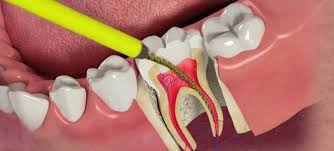
How Long Does the Pain Last After Tooth Extraction?
Tooth extraction is a common dental procedure where a tooth is removed from its socket in the jawbone. This is usually done when the tooth is damaged beyond repair or causes problems like infection or crowding. Tooth extraction can be a painful experience, and patients often wonder how long the pain will last after the procedure. In this article, we will discuss the different types of tooth extraction pain, how long it lasts, and ways to reduce it.
What Kind of Tooth Extraction Pain Is “Normal”?
After tooth extraction, it is normal to experience some level of pain, swelling, and discomfort in the affected area. This is because the procedure involves cutting through the gums and bone to remove the tooth, which can cause trauma to the surrounding tissues. The severity of the pain can vary depending on the complexity of the extraction and the patient's pain threshold.
The most common type of pain after a tooth extraction is a dull, throbbing ache in the affected area. This pain is usually mild to moderate and can be managed with over-the-counter pain relievers like ibuprofen or acetaminophen. In some cases, patients may also experience sharp, shooting pain or a more intense ache, which could be a sign of a more serious issue like a dry socket.
How Long Does Pain Last After Tooth Extraction, Normally?
The duration of tooth extraction pain can vary depending on the individual's healing process and the complexity of the extraction. In general, mild to moderate pain should start to subside within a few days and be completely gone within a week or two. However, more severe pain may last longer and require additional treatment.
If the pain persists beyond a week or becomes more intense, it is important to contact your dentist or oral surgeon. This could be a sign of complications like infection or dry socket, which require prompt treatment to avoid further damage.

How Long Does Pain After Wisdom Tooth Extraction Last?
Wisdom teeth are the third set of molars that usually emerge in late adolescence or early adulthood. Due to their position at the back of the mouth, wisdom teeth can be difficult to clean and may cause problems like infection, decay, or crowding. As a result, wisdom tooth extraction is a common procedure many people undergo.
After wisdom tooth extraction pain can be more intense and last longer than other types of extractions. This is because wisdom teeth are larger and have deeper roots, making the extraction process more complicated. In general, patients can expect to experience some level of pain, swelling, and discomfort for up to a week after the procedure. However, some people may have a longer recovery time, depending on factors like age, health, and the complexity of the extraction.
Reducing After-Tooth Extraction Pain
There are several ways to reduce tooth extraction pain and promote healing after the procedure. These include:
Taking pain medication as directed: Over-the-counter pain relievers like ibuprofen or acetaminophen can help to manage mild to moderate pain after tooth extraction. Your dentist or oral surgeon may also prescribe stronger pain medication if necessary.
Applying ice: Applying an ice pack to the affected area can help to reduce swelling and alleviate pain. Be sure to wrap the ice pack in a cloth to avoid direct contact with the skin.
Resting: Avoid strenuous activities like exercise and get plenty of rest to allow your body to heal properly.
Maintaining good oral hygiene: Brush and floss gently around the extraction site to keep the area clean and free of bacteria.
Do's After Tooth Extraction
After tooth extraction, there are some things you can do to help promote healing and reduce pain and discomfort. Here are some important do's to keep in mind:
Rest: It's important to take it easy and rest for the first few days after the extraction. Avoid strenuous activity and try to limit your physical activity.
Apply ice: Applying an ice pack to the affected area for 10-20 minutes at a time can help reduce swelling and pain.
Eat soft foods: Stick to soft, easy-to-eat foods like soup, mashed potatoes, yogurt, and scrambled eggs for the first few days after the extraction. Avoid hard, crunchy, or spicy foods that could irritate the extraction site.
Keep the extraction site clean: Gently brush your teeth and tongue, but avoid the extraction site. You can also use a warm, damp washcloth to gently clean the area around the extraction site.
Use pain relief medication: Over-the-counter pain relievers like acetaminophen (Tylenol) or ibuprofen (Advil) can help reduce pain and swelling. Be sure to follow the dosage instructions carefully.
Stay hydrated: Drink plenty of fluids, but avoid using a straw. Sipping water or other liquids from a cup can help keep you hydrated without increasing the risk of dry sockets.
By following these do's after a tooth extraction, you can help promote healing and reduce pain and discomfort. Remember, if you have any concerns or questions about your aftercare, be sure to contact your dental professional for advice and guidance.
Don’ts After Tooth Extraction
After tooth extraction, there are some things you should avoid to help prevent complications and promote healing. Here are some important don'ts to keep in mind:
Don't smoke: Smoking can interfere with the healing process and increase the risk of complications like dry sockets. Avoid smoking or using tobacco products for at least 24 hours after the extraction, and try to quit smoking altogether if possible.
Don't drink alcohol: Alcohol can interact with pain medications and increase the risk of bleeding. Avoid drinking alcohol for at least 24 hours after the extraction, or as long as your dentist or oral surgeon recommends.
Don't drink through a straw: Drinking through a straw can create suction in the mouth, which can dislodge the blood clot and delay the healing process. Avoid using a straw for at least 24 hours after the extraction, or as long as your dental professional recommends.
Don't rinse your mouth too vigorously: Avoid rinsing your mouth too vigorously or using mouthwash for at least 24 hours after the extraction, as this can also dislodge the blood clot and delay healing. Instead, use a saltwater rinse as recommended by your dental professional.
Don't eat hard or crunchy foods: Hard, crunchy, or chewy foods can irritate the extraction site and delay healing. Stick to soft, easy-to-eat foods for the first few days after the extraction.
By avoiding these don'ts after a tooth extraction, you can help promote healing and reduce the risk of complications like dry sockets. Remember, if you have any concerns or questions about your aftercare, be sure to contact your dental professional for advice and guidance.
Avoid Dry Socket After Tooth Extraction
A dry socket is a painful condition that can occur after a tooth extraction when the blood clot that forms in the socket is dislodged or dissolves before the wound has had a chance to heal. This can expose the bone and nerves in the socket, causing severe pain, bad breath, and an unpleasant taste in the mouth.
To prevent dry sockets, it is important to avoid smoking, drinking through a straw, and rinsing your mouth too vigorously in the first few days after the extraction. Your dentist or oral surgeon may also place a special dressing or packing over the extraction site to help protect the area and promote healing.
Tooth Extraction with Healthy Türkiye
In conclusion, tooth extraction pain is a normal part of the healing process, but it can be managed with proper care and attention. Mild to moderate pain should subside within a week, while more severe pain may require additional treatment. By following your dentist or oral surgeon's instructions for aftercare, you can reduce the risk of complications like dry sockets and promote a speedy recovery. Remember, if you experience persistent or severe pain after a tooth extraction, you can contact Healthy Türkiye’s dental professional for advice and treatment.




